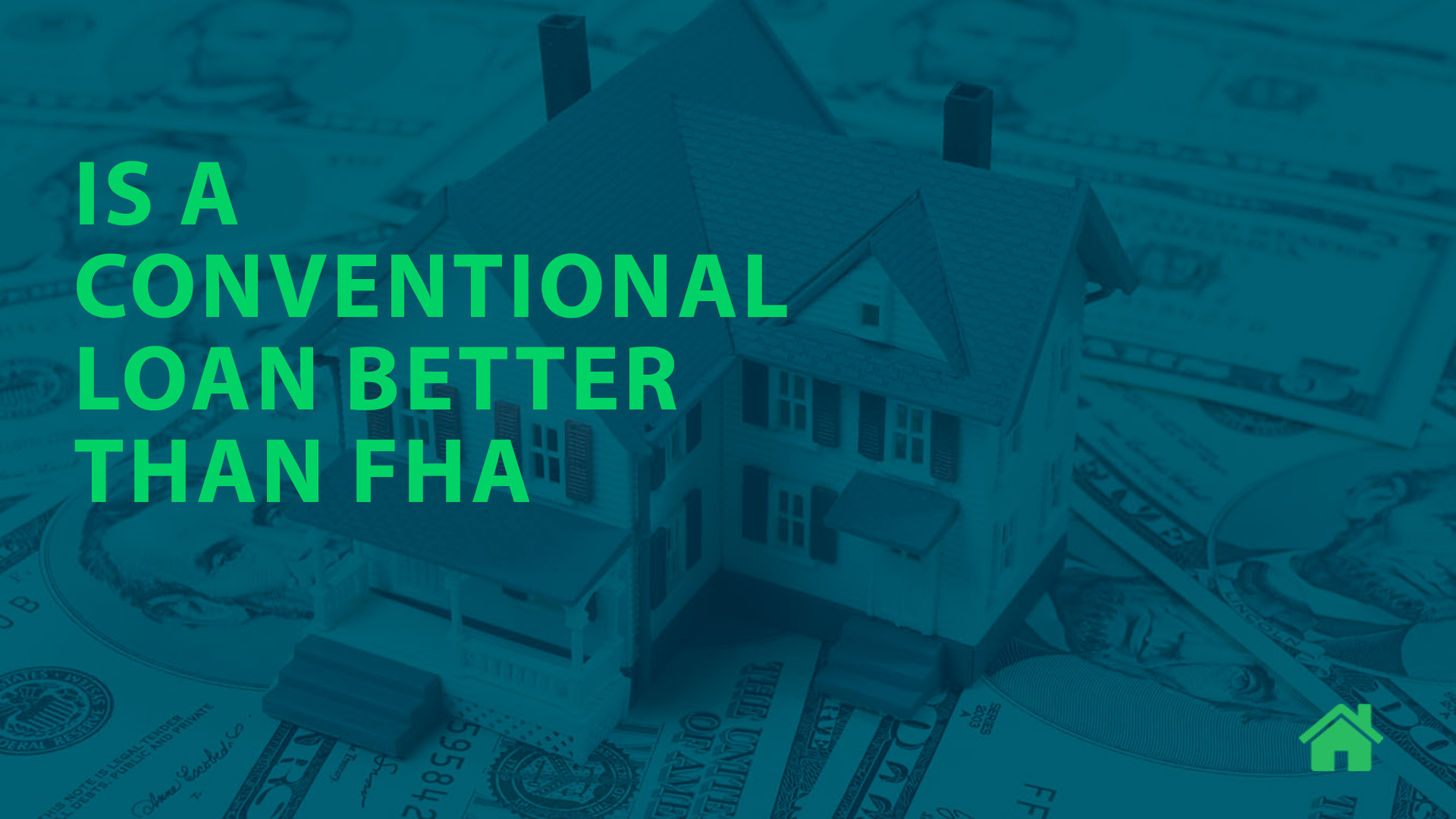Is a conventional loan better than FHA?
The question “Is a conventional loan better than FHA?” we get asked on a daily basis. It’s one of the main factors that buyers consider when purchasing a new home. Which one is better? This all depends on many factors that are involved.
Your personal financial standing, credit history, income, liabilities all weight in on whether a conventional or FHA loan is the way to go.
Below are some quick advantages and requirements listed on what makes these loans different.
Remember, your loan approval all depend on your application and financial standing. Our goal is to help you get approved and walk you through the process so the Banks and Lending institutions offer you the best programs available on the market.
Conventional Loan Basics
What is a Conventional mortgage loan?
Conventional is a type of loan not offered or secured by a government entity. Instead, a conventional mortgage is available through private lenders, such as banks, credit unions, and mortgage companies or investors.
- Your Credit Score to qualify for a Conventional Loan needs to be 620 and more. Mid – to upper 700s could qualify you for the better interest rate and loan terms.
- Be ready for the Down payment. While many conventional loans don’t require a big down payment, the more money you put down, the better your chances of qualifying for a lower interest rate. You can get a Conventional Loan with as low as 3% down, but in order to avoid paying Mortgage Insurance every month, you’ll need at least 20%.
- Your Debt-to-Income Ratio for most Lenders needs to be no more than 43%.
Some private Lender will go a bit higher, but those will be different programs like 12-months Bank Statements or No-income qualifications. What really helps if you have a lot of liabilities that you’re paying every month, is if you have other compensating factors, like very good-excellent credit score and large savings set aside for a down payment of at least 20-30%.
FHA Loan Basics
What is an FHA loan?
Federal Housing Administration (FHA) loans are federally backed mortgages designed for homeowners who may have lower-than-average credit scores.
- Your Credit Score to qualify for an FHA loan needs to be 580 and higher.
- Down payment for an FHA starts at 3.5%.
- Lower than conventional interest rates.
- Your Debt-to-Income Ratio for most Lenders can be up to 56%.
- You will need to pay Mortgage Insurance to FHA for the life of the loan. Currently, it’s 1.75% of the loan amount that is paid upfront (but we can add it to the loan amount, so you don’t have to come up with all this cash upfront) and 0.85% of the loan amount that is added to your principal and interest every month.
- Important to know! You can only qualify for an FHA loan if you are purchasing a primary residence (you intent to live there) and you’re required to move in within 60 days of signing closing documents and live there for at least a year.
Is a Conventional loan better than FHA? – Final Takeaway
-> FHA loans require a lower minimum down payment and a lower credit score than many conventional loans do.
-> Borrowers that qualify for an FHA loan are required to purchase Mortgage Insurance for the life of the loan, while Mortgage Insurance on Conventional Loans will go away after the equity in your property reaches 78% or if you put at least 20% down.
-> You can get a Conventional Loan for primary residence, second home or investment property.
You can get qualified for an FHA loan only if you intent to live on premises, they cannot be used for second homes, rental, vacation, or other investment properties.
We specialize in FHA & Conventional Home Loans and after analyzing your information we’ll show you what your options are (as we have many Lenders and programs available) and help you decide on the best route to take.
The quicker we intake your information, the faster we can work with our lending institutions on getting your loan approved.

